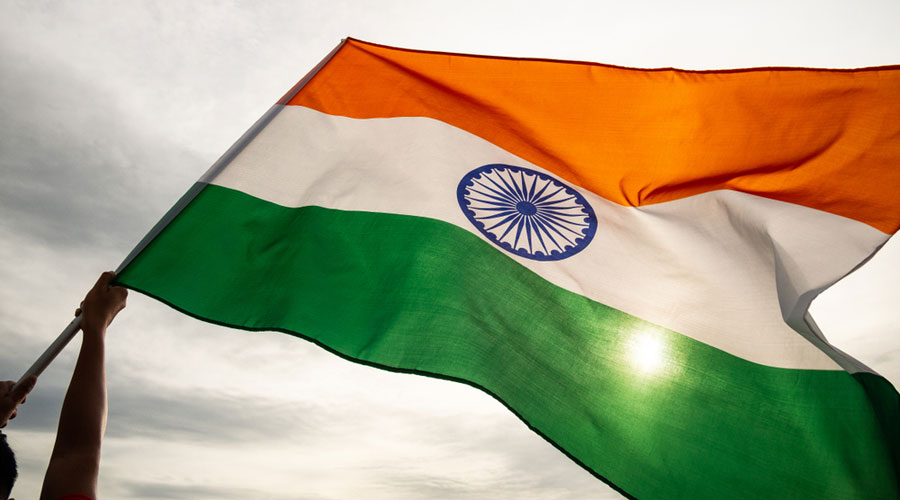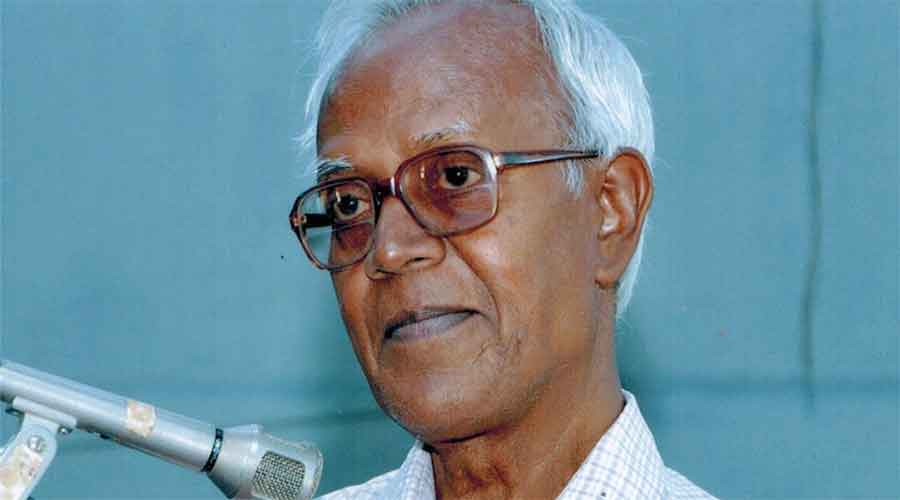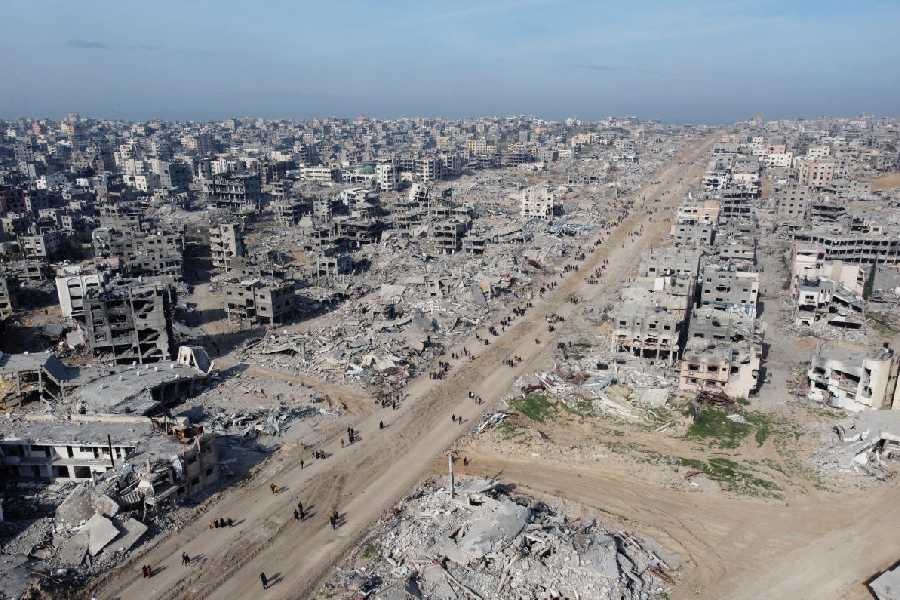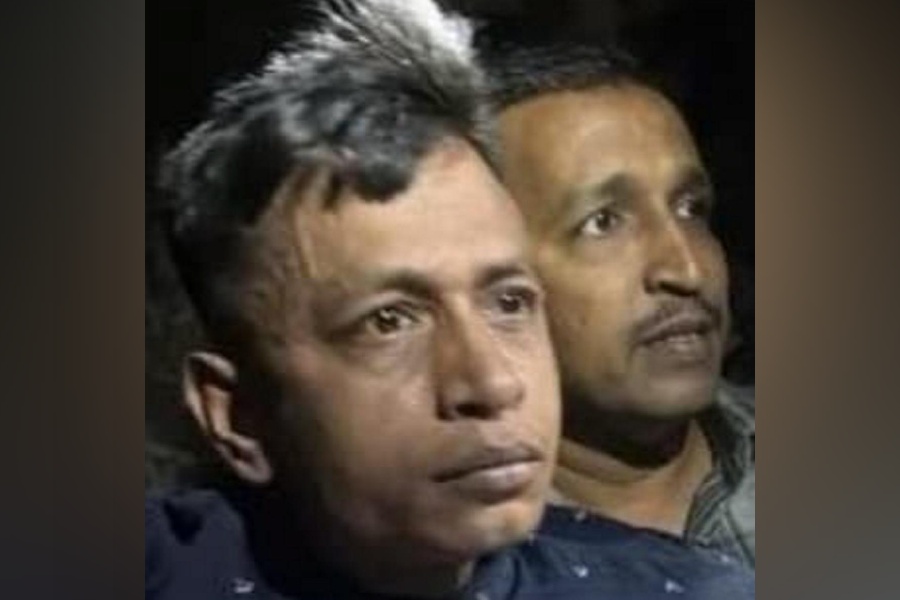Over 30 civil society organisations from around the world on Thursday issued a joint resolution urging the US state department to designate India as a “country of particular concern” (CPC) and sanction officials and others promoting religious discrimination and open persecution of non-Hindus.
The resolution was adopted at the inaugural International Religious Freedom Summit in the US where interfaith leaders expressed disappointment at the Joe Biden administration avoiding criticism of the Indian government for allowing discrimination on its watch.
The CPC tag is accorded by the US secretary of state, under authority delegated by the President, to a country guilty of particularly severe violations of religious freedom under the International Religious Freedom Act.
When the secretary of state designates a CPC, the US Congress is notified. Where non-economic policy options designed to bring about cessation of the particularly severe violations of religious freedom have reasonably been exhausted, an economic measure is expected to be imposed.
The United States Commission on International Religious Freedom (USCIRF) had in its report last year recommended to the state department that India be designated as a CPC, which would have put the country in league with Saudi Arabia, China, Pakistan, Iran and other such nations. The state department did not oblige.
At the International Religious Freedom Summit, a US senator and two members of the House of Representatives too voiced concern about the situation in India while speaking at a panel discussion on “Religious Freedom in India: Challenges and Opportunities”.
“I remain seriously concerned about the Indian government’s commitment to protecting the rights of minorities, including the 200 million Muslims in India,” Senator Ed Markley said.
“The government’s targeting of social and political activities and crackdown on free speech and their religiously motivated discrimination against minorities cannot be viewed in isolation as escalating nationalism threatens to undermine India’s longstanding oath to democratic values.”
Referring to reports of the targeting of minorities, Congresswoman Marie Newman said: “India’s equity and standing in the eyes of the world are severely damaged already. Freedom House has downgraded its rating for India’s democracy from being free to partly free. That is heartbreaking. Persecution of entire sections of society, especially when backed by governments, is a recipe for a future filled with disaster. We must do better. We must pressure both our adversaries and our allies to support human rights around the world.”
Another member of the House of Representatives, Andy Levin, who is also a member of the foreign affairs committee, said: “Why would I be so critical and so publicly critical of a country that I love? The answer is it is because I love India that I am committed to ending these attacks on its people. It is because I am so passionate in my support for the vibrant democracy I came to know as a young man that I want to see that democracy flourish for generations to come.”
The resolution by the 30 organisations takes note of how it’s possible to target minorities with impunity in India. It notes the harassment of marginalised communities, the love jihad narrative, the anti-conversion laws, and the Citizenship (Amendment) Act that has been widely found to be discriminatory. It also records the history of the RSS.
The organisations have urged the US state department to designate India as a CPC under the guidelines of the USCIRF — an independent, bipartisan federal body created under the 1998 International Religious Freedom Act to monitor the universal right to freedom of religion or belief abroad.












